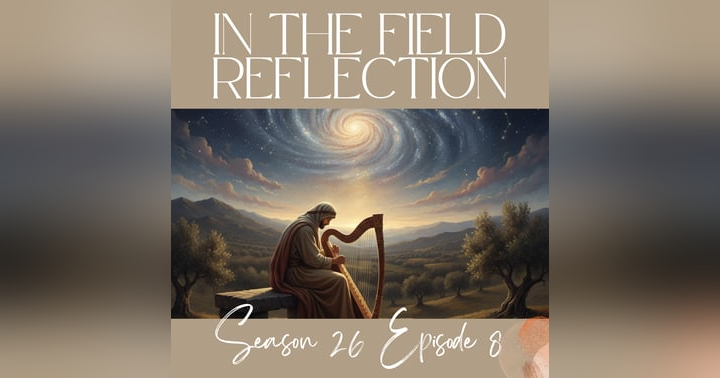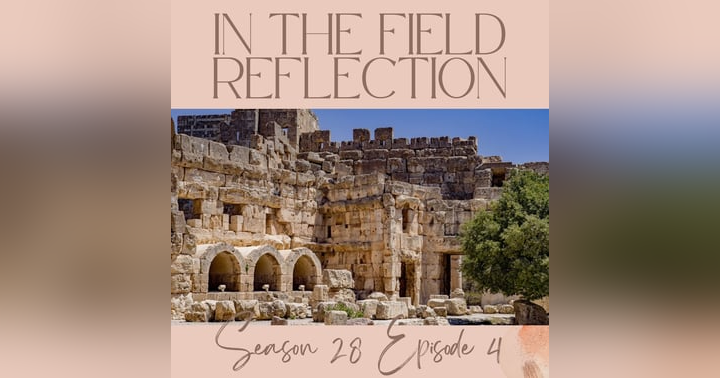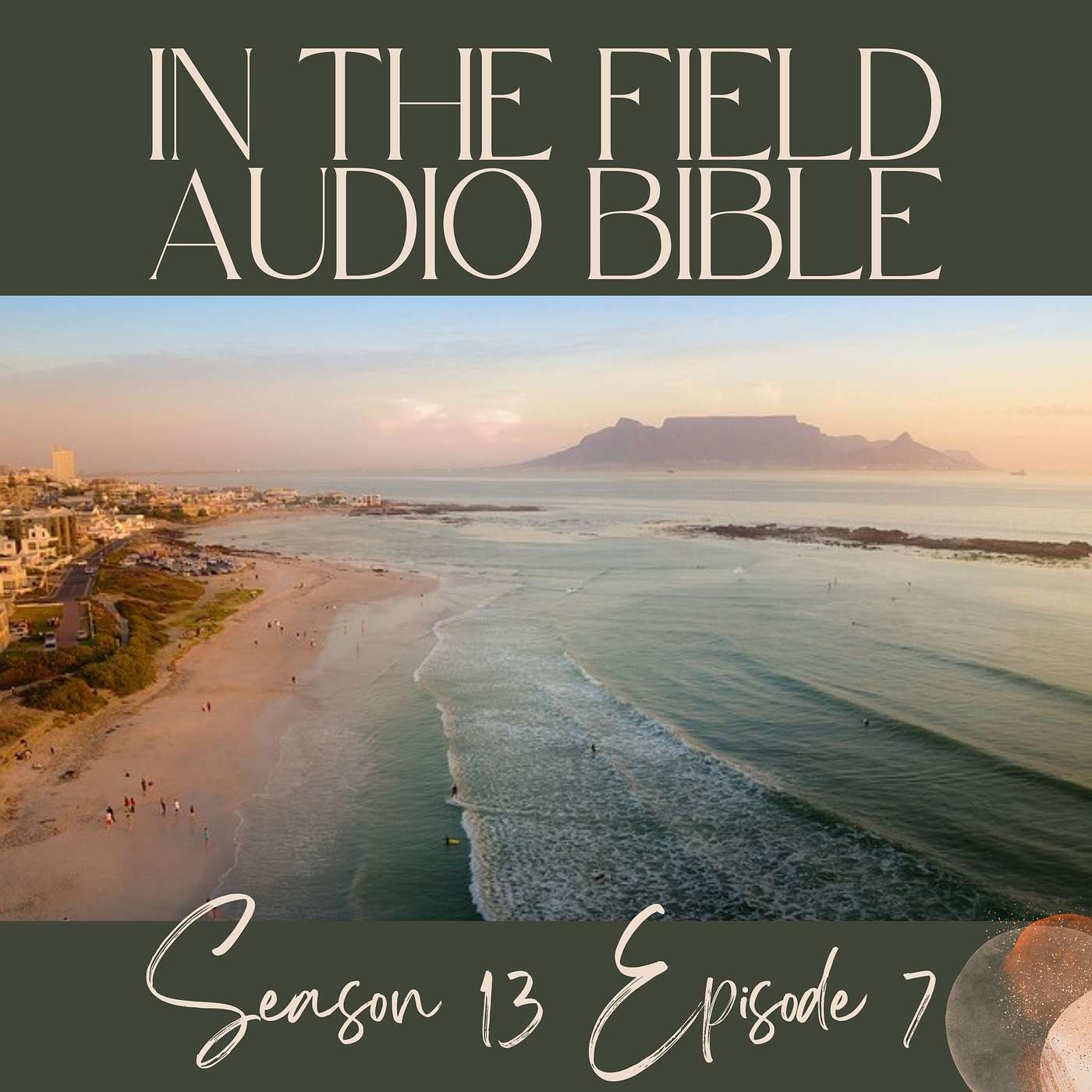The Priesthood Without End: Melchizedek, Jesus, and Your Direct Access to God

In Hebrews 7, we encounter one of the most fascinating and profound theological concepts in Scripture: the eternal priesthood of Jesus Christ as foreshadowed by the mysterious figure of Melchizedek. This chapter serves as a pivotal point in the epistle, establishing how Jesus fulfills and transcends the ancient priesthood, offering believers your direct access to God through an eternal intermediary who "always lives to make intercession" for us.
The chapter begins by recalling the brief but significant appearance of Melchizedek in Genesis 14, where this enigmatic figure—both king of Salem and priest of the Most High God—blessed Abraham after his victory in battle. The writer of Hebrews draws our attention to several remarkable aspects of Melchizedek: his name means "king of righteousness," he rules over Salem (meaning "peace"), and scripture records neither his genealogy nor his birth or death. In this way, Melchizedek stands as a type or foreshadowing of Christ, who would later establish an eternal priesthood "according to the order of Melchizedek" rather than through the Levitical system.
This distinction between the temporary Levitical priesthood and Christ's eternal priesthood forms the theological backbone of the chapter. The Levitical priests, descendants of Aaron, served by hereditary right and were "prevented by death from continuing in office." Their ministry, while divinely ordained, was limited by human mortality and required constant repetition of sacrifices—first for their own sins, then for the people's. In stark contrast, Jesus holds His priesthood permanently "because He continues forever." The implications of this are profound: believers no longer depend on fallible, temporary mediators but have direct access to God through one perfect high priest whose intercession never ceases and whose sacrifice was offered "once for all."
Perhaps the most comforting aspect of this theological truth is what it means for our daily spiritual lives. When we feel distant from God due to failure or shame, Hebrews 7 reminds us that our relationship with God doesn't depend on our performance but on Christ's perfect, completed work. When we're too exhausted or broken to pray, we can rest in the knowledge that Jesus "always lives to make intercession" for us. Our access to God isn't tenuous or fragile—it's secured by an oath from God Himself, who "has sworn and will not change His mind." This gives us what the writer calls "a better hope through which we approach God" and makes Jesus "the guarantee of a better covenant."
The chapter concludes by emphasizing the holiness and perfection of our high priest—"holy, blameless, undefiled, separated from sinners, and exalted above the heavens." Unlike the Levitical priests who needed to offer daily sacrifices for their own sins, Jesus had no personal sin to atone for. His sacrifice was offered once, perfectly, and eternally. The law appointed human priests "who are subject to weakness," but God's oath appointed His Son, "who has been made perfect forever."
As we reflect on Hebrews 7, we're invited to release the burden of religious performance and embrace the freedom that comes through Christ's eternal priesthood. We no longer need to wonder if our prayers reach heaven or if our failures have separated us from God. We have a high priest who understands our weaknesses, who represents us perfectly before the Father, and who never stops interceding on our behalf. This truth transforms not just our theology but our daily experience of faith—moving us from striving to resting, from fear to confidence, and from distance to intimate relationship with God.



